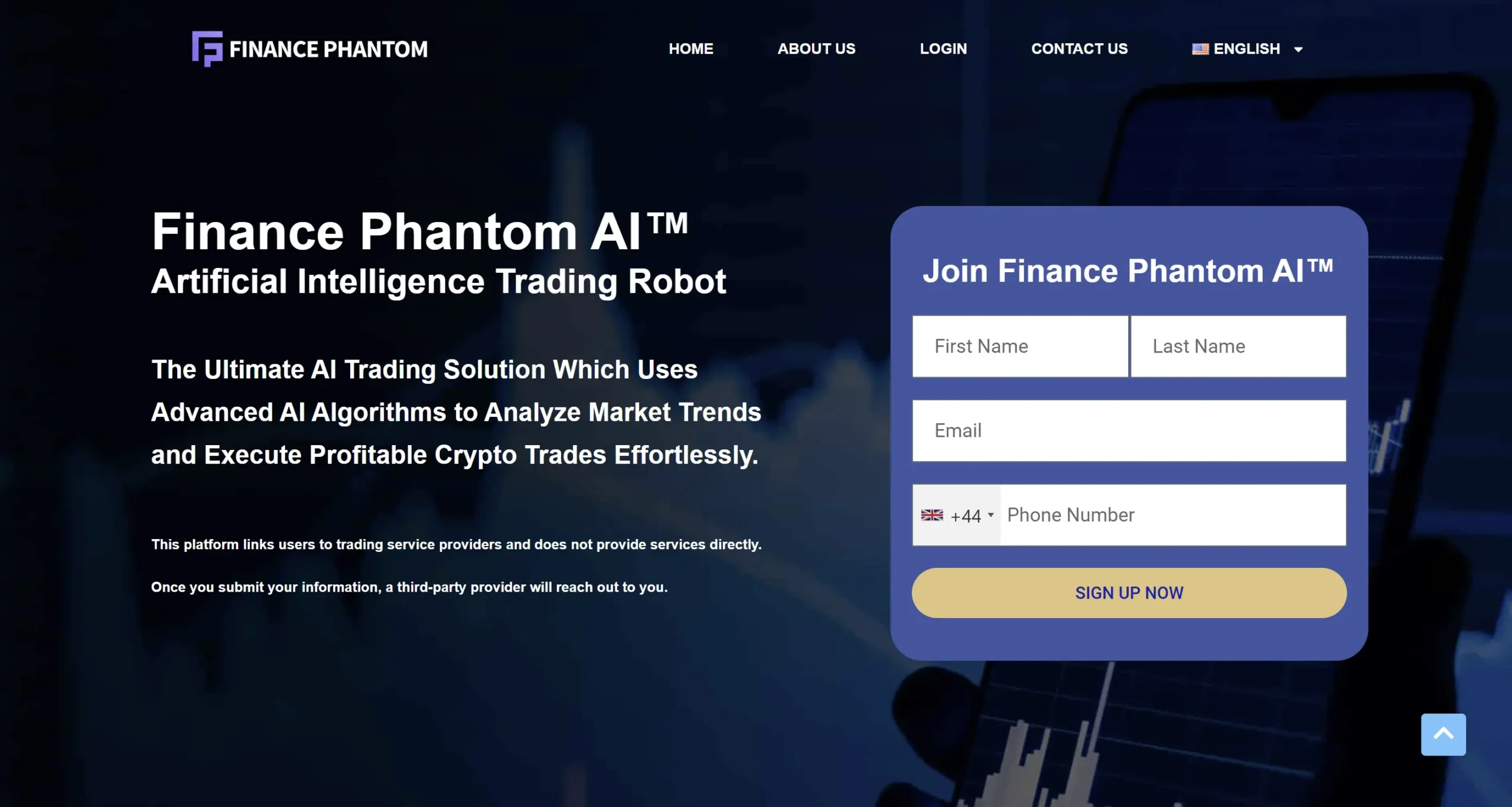The gig economy has changed how individuals work in recent years. It offers unparalleled flexibility and independence. Through digital platforms, individuals now have the opportunity to select their work schedules. As we delve into this topic, Coyyn.com provides valuable insights. Their analysis highlights both the advantages and the hurdles of gig work. Additionally, understanding these aspects can guide both workers and businesses. Consequently, we will explore how the gig economy operates and the role Coyyn.com plays in this dynamic landscape. Thus, this article aims to shed light on what makes gig work unique and the impact it has on modern employment.
What is the Gig Economy?
The gig economy is a modern work model driven by flexibility. Unlike traditional jobs, it revolves around short-term, project-based roles. Freelancers and contract workers fill these positions. These roles often come through digital platforms like Uber or Fiverr. Consequently, workers have the freedom to choose their tasks and schedules. Businesses benefit by hiring talent as needed, reducing long-term costs.
Moreover, this system supports a wide range of professions. From creative freelancers to ride-share drivers, the gig economy offers varied opportunities. Overall, it represents a shift from conventional, full-time employment to more dynamic, adaptable work arrangements.
Understanding Coyyn.com Gig Economy Insights
Coyyn.com offers a deep dive into the gig economy. First, it outlines the flexibility inherent in gig work. As a result, workers can choose their hours and projects. Additionally, Coyyn.com highlights various digital platforms that facilitate these roles. These platforms range from freelance job sites to ride-sharing apps.
Furthermore, the site discusses the advantages of gig work, such as autonomy and variety. On the other hand, Coyyn.com also addresses the challenges. Issues like job insecurity and lack of benefits are thoroughly explored. By presenting both benefits and drawbacks, Coyyn.com provides a comprehensive view. This balanced perspective helps readers navigate the complexities of gig work.
Benefits of the Gig Economy
- Flexibility in Work Hours Gig work allows you to set your schedule. Consequently, you can balance personal commitments and work efficiently. This flexibility is especially valuable for managing family responsibilities or pursuing other interests.
- Variety of Work Opportunities The gig economy offers diverse job roles. From freelance writing to ride-sharing, you can explore different fields. Thus, this variety helps you gain new skills and experiences while keeping your work life interesting.
- Autonomy and Independence You have the freedom to choose projects or clients. As a result, you control your workload and career path. This autonomy enhances job satisfaction and allows you to pursue work that aligns with your interests.
- Reduced Commute Time Many gig jobs allow remote work, reducing or eliminating commuting. Consequently, you save time and money spent on travel. This benefit also contributes to a better work-life balance and decreased stress levels.
- Opportunity for Extra Income The gig economy provides a chance to supplement your primary income. Whether it’s part-time freelancing or occasional gigs, you can boost your earnings. This extra income can be used for savings or personal expenses.
- Access to Global Market Digital platforms connect you with clients worldwide. Therefore, you can work with people from different regions and industries. This global reach expands your network and increases your job opportunities significantly.
Challenges of the Gig Economy
The gig economy presents several challenges that workers must navigate. Firstly, the lack of job security creates uncertainty about future projects and income stability, leading to financial stress. Additionally, gig roles typically do not offer traditional employee benefits like health insurance or retirement plans, forcing workers to handle these aspects independently.
Income can be inconsistent, making financial planning crucial. High competition for gigs can drive down wages, while limited career advancement opportunities hinder professional growth. Furthermore, despite the flexibility of gig work, managing work-life balance becomes challenging as boundaries between personal and professional life blur.
Navigating Gig Work
Navigating gig work can be complex, but Coyyn.com offers valuable guidance. To start, explore various gig platforms for diverse opportunities. Furthermore, understand payment methods to ensure timely and secure transactions. Additionally, setting clear work boundaries is crucial for maintaining balance. Moreover, seek tips on managing multiple gigs effectively to enhance productivity. Lastly, leverage Coyyn.com’s resources for expert advice on overcoming common challenges. This approach ensures a more informed and organized gig experience.
Also Read: Beyond GDP Figures
Conclusion
In conclusion, the gig economy presents a dynamic shift in the workforce, offering flexibility and diverse opportunities. Workers can enjoy the freedom to choose projects and manage their schedules. However, challenges such as lack of job security and benefits must be addressed. Coyyn.com provides valuable insights, helping individuals understand these complexities and make informed decisions. By exploring Coyyn.com’s resources, gig workers can better navigate the evolving landscape. Ultimately, balancing the benefits with the challenges can lead to a more fulfilling and successful gig experience. Understanding these aspects is key to thriving in the modern gig economy.




